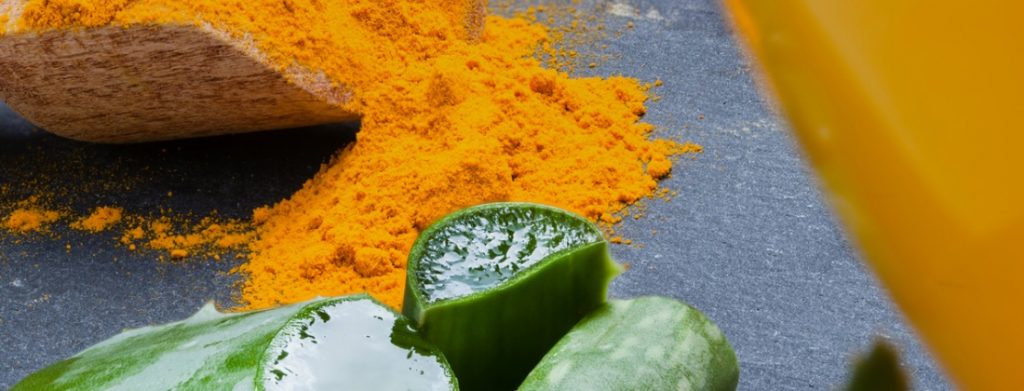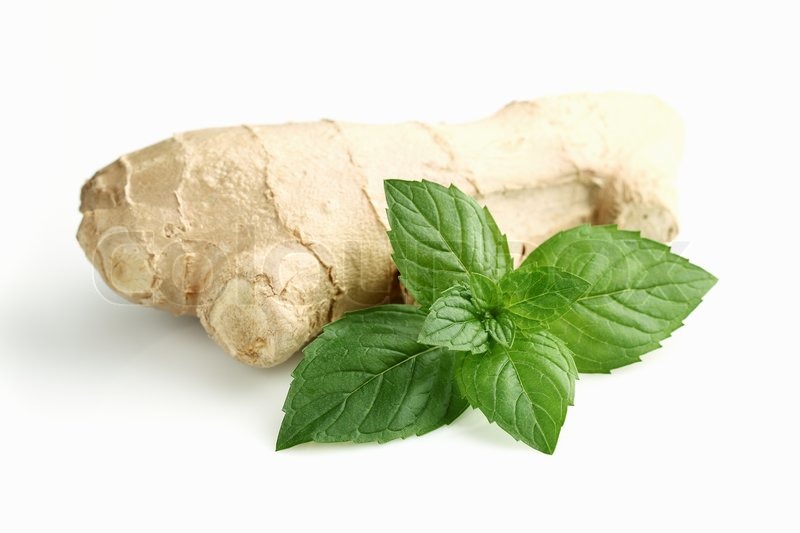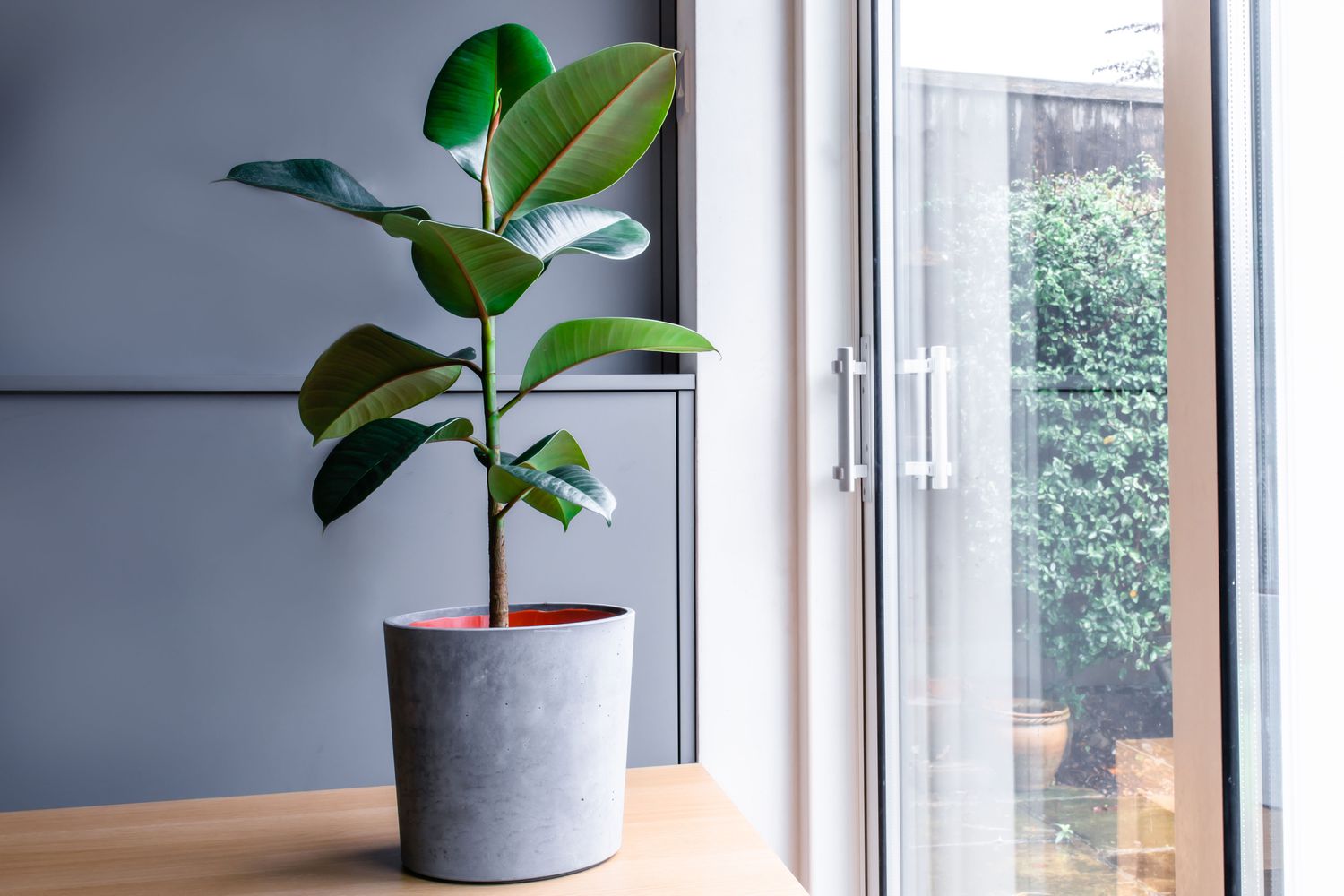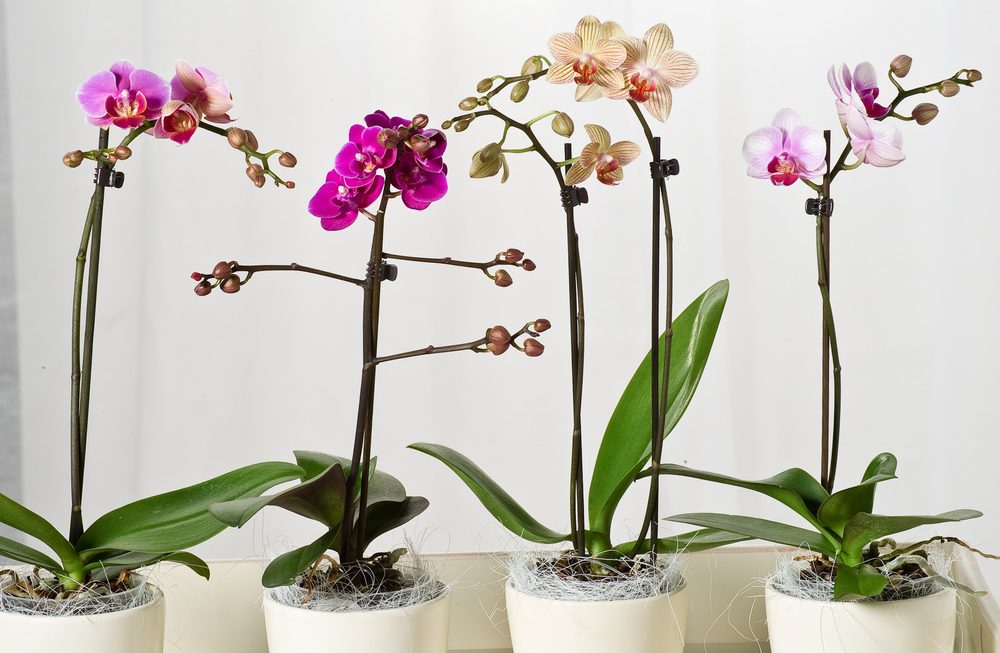Nature has long been a source of healing, and one of its most profound gifts is the array of medicinal plants that have been used for centuries to promote well-being and treat various ailments. In this weblog article, we delve into the world of medicinal plants, uncovering their therapeutic properties, historical significance, and the ways they continue to contribute to modern healthcare.
The Rich History of Medicinal Plants:
Throughout history, different cultures around the world have recognized and harnessed the power of plants for medicinal purposes. Ancient civilizations such as the Egyptians, Greeks, Chinese, and Indigenous peoples relied on the healing properties of plants to address a wide range of health issues. Traditional medicine systems like Ayurveda, Traditional Chinese Medicine, and Native American herbalism have passed down the knowledge of medicinal plants through generations.
Key Medicinal Plants and Their Benefits:
Aloe Vera (Aloe barbadensis miller):
- Known for its soothing properties, aloe vera is often used to treat burns, wounds, and skin irritations.
- The gel inside the leaves contains compounds with anti-inflammatory and antibacterial effects.

Turmeric (Curcuma longa):
- Renowned for its anti-inflammatory and antioxidant properties, turmeric has been used in Ayurvedic medicine for centuries.
- The active compound, curcumin, is believed to contribute to turmeric’s medicinal benefits.
Peppermint (Mentha piperita):
- Peppermint is widely used to alleviate digestive issues such as indigestion and irritable bowel syndrome (IBS).
- The menthol in peppermint has a calming effect on the muscles of the gastrointestinal tract.
Ginger (Zingiber officinale):
- With anti-nausea and anti-inflammatory properties, ginger is commonly used to soothe digestive discomfort and reduce nausea.
- Gingerol, the bioactive compound in ginger, is responsible for many of its medicinal effects.

Lavender (Lavandula angustifolia):
- Lavender is known for its calming and stress-relieving properties.
- The essential oil of lavender is often used in aromatherapy to promote relaxation and improve sleep.
medicinal plants Modern Applications:
While traditional uses of medicinal plants persist, modern research continues to explore their therapeutic potential. Many pharmaceutical drugs are derived from plant compounds, emphasizing the importance of plants in drug discovery and development. Additionally, herbal supplements and natural remedies incorporating they have gained popularity as people seek alternatives to conventional medicine.
Cautions and Considerations:
While medicinal plants offer valuable health benefits, it’s crucial to approach their use with caution. Consultation with healthcare professionals is advisable, especially for individuals with pre-existing health conditions or those taking medications. Understanding the proper preparation and dosage of theme is essential to ensure their effectiveness and safety.
Conclusion:
They are a treasure trove of natural remedies, connecting us to centuries of traditional healing wisdom. As we navigate the complexities of modern healthcare, the exploration and utilization of medicinal plants offer a holistic and sustainable approach to well-being. Whether incorporated into teas, tinctures, or supplements, these plants continue to play a vital role in supporting our journey toward optimal health.






